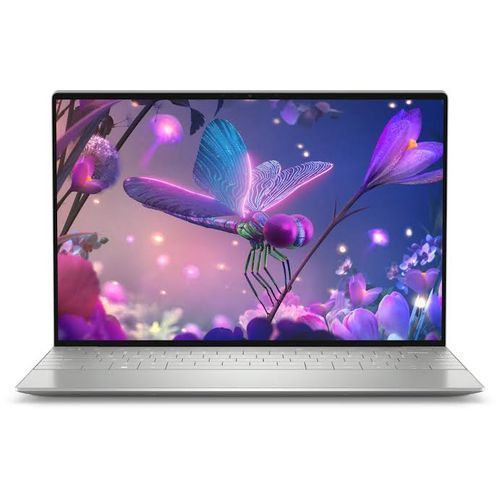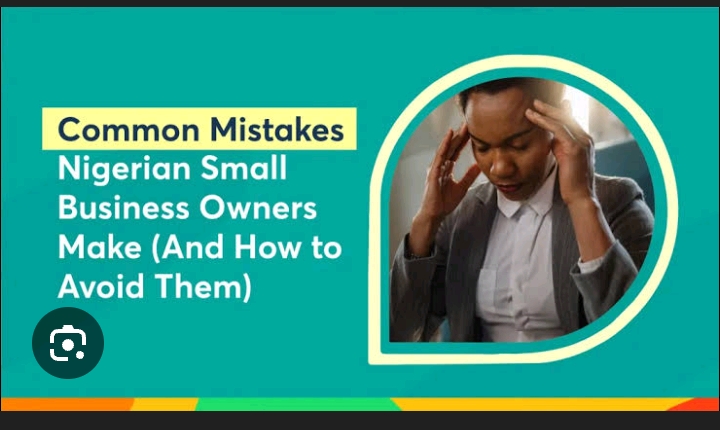WILL BLOGGING DIE? A COMPREHENSIVE LOOK AT THE FUTURE OF BLOGGING

Blogging has been a cornerstone of the internet for decades, but as digital trends evolve, many wonder if blogging will become obsolete. The short answer is no—blogging is not dying. However, it is continuously evolving to adapt to new technologies, audience preferences, and platforms. This guide explores the current state of blogging, its challenges, and why it will continue to thrive in the future.
Table of Contents
- The Evolution of Blogging
- Why Blogging Is Not Dying
- The Current Challenges for Bloggers
- Trends Shaping the Future of Blogging
- How Bloggers Can Adapt and Thrive
- Why Blogging Still Matters for Businesses
- The Role of AI and Technology in Blogging
- Blogging vs. Other Content Platforms
- Will Blogs Be Replaced by Video or Social Media?
- FAQs About the Future of Blogging
1. The Evolution of Blogging
Blogging has transformed significantly since its start in the late 1990s.
- Early Days: Personal diaries and niche topics dominated blogs.
- Rise of Professional Blogging: Monetization made blogging a viable career.
- Integration with Marketing: Businesses adopted blogs for SEO and brand-building.
- Content Diversification: Blogs now incorporate multimedia, interactive elements, and advanced design.
2. Why Blogging Is Not Dying
Blogging remains relevant because:
- Search Engines Value Blogs: Written content is still a cornerstone of SEO.
- High-Quality Content Demand: Blogs provide in-depth information not easily covered in videos or social media posts.
- Audience Trust: Blogs allow creators to build authority and credibility over time.
- Adaptability: Blogging evolves with new trends, ensuring it remains impactful.
3. The Current Challenges for Bloggers
While blogging isn’t dying, it faces challenges:
- Competition: Millions of blogs make it harder to stand out.
- Changing Algorithms: Search engines and social media constantly update algorithms, affecting visibility.
- Content Overload: Readers have more choices than ever, requiring unique and valuable content.
- Short Attention Spans: Audiences increasingly prefer short-form content like reels and stories.
4. Trends Shaping the Future of Blogging
Blogging is evolving alongside digital trends:
- Voice Search Optimization: Blogs need to cater to voice queries like those on Google Assistant and Alexa.
- Mobile-First Content: Mobile-friendly design and faster load times are essential.
- Multimedia Integration: Adding videos, infographics, and interactive elements enhances engagement.
- Niche Specialization: Focusing on a specific topic helps blogs attract a loyal audience.
- AI-Powered Content Creation: Tools like ChatGPT assist with generating ideas and writing.
5. How Bloggers Can Adapt and Thrive
To remain relevant, bloggers should:
- Focus on Quality: Publish fewer but higher-value posts.
- Leverage SEO: Optimize for both traditional and voice search.
- Embrace New Formats: Add videos, podcasts, and interactive tools to blogs.
- Build Community: Engage directly with your audience through comments, emails, and forums.
- Diversify Platforms: Promote blogs on social media, YouTube, and newsletters.
6. Why Blogging Still Matters for Businesses
For businesses, blogs are indispensable for:
- SEO: Blogs improve search rankings by targeting relevant keywords.
- Brand Authority: Sharing insights and expertise establishes credibility.
- Lead Generation: Blogs drive traffic to product pages and capture leads.
- Customer Education: Blogs explain products, services, and industry trends.
7. The Role of AI and Technology in Blogging
AI is revolutionizing blogging by:
- Content Generation: Tools like Jasper and ChatGPT assist with writing drafts.
- SEO Insights: AI tools provide keyword recommendations and performance analysis.
- Personalization: Blogs can now tailor content to individual readers.
- Automation: Schedule posts, analyze traffic, and manage promotions with AI-powered platforms.
8. Blogging vs. Other Content Platforms
Blogs vs. Social Media
- Longevity: Blogs are evergreen, while social media posts have short lifespans.
- Depth: Blogs allow detailed exploration of topics, unlike short social posts.
- Control: Blogs are owned platforms, unlike rented social media spaces.
Blogs vs. Video Platforms (e.g., YouTube)
- Accessibility: Written blogs cater to readers who prefer text over video.
- SEO Integration: Blogs rank in Google search results, complementing video content.
- Ease of Creation: Blogs must have fewer resources compared to high-quality video production.
9. Will Blogs Be Replaced by Video or Social Media?
While video and social media dominate certain areas of content, blogs serve unique purposes:
- Blogs excel in SEO-driven traffic and long-form content.
- Video and social media complement blogs, rather than replacing them, by providing more avenues for audience engagement.
- A multi-channel approach—using blogs, videos, and social media—is the future of content marketing.
10. FAQs About the Future of Blogging
Q1. Is blogging still profitable in 2025?
Yes, blogging remains profitable with effective monetization strategies like ads, affiliate marketing, and digital product sales.
Q2. Are people still reading blogs?
Yes, people seek blogs for detailed and trustworthy information, especially on niche topics.
Q3. What industries benefit most from blogging?
Blogging is particularly effective for industries like technology, health, education, finance, and lifestyle.
Q4. Should new bloggers still start blogs?
Absolutely! The key is focusing on a niche, creating high-quality content, and leveraging modern tools.
Q5. How can bloggers stay relevant in the future?
Stay updated on industry trends, adapt to audience preferences, and diversify your content formats.
Conclusion
Blogging is not dying—it’s evolving. As long as people seek in-depth, reliable information, blogs will remain a vital part of the digital landscape. By adapting to trends, integrating new technologies, and prioritizing quality, bloggers can thrive in an ever-changing world. If anything, blogging is becoming more exciting, offering endless opportunities for creators who are willing to innovate.















.jpg)


.jpeg)













.jpeg)
.webp)








(0) Comment
(0) Comment